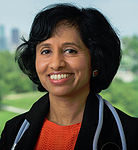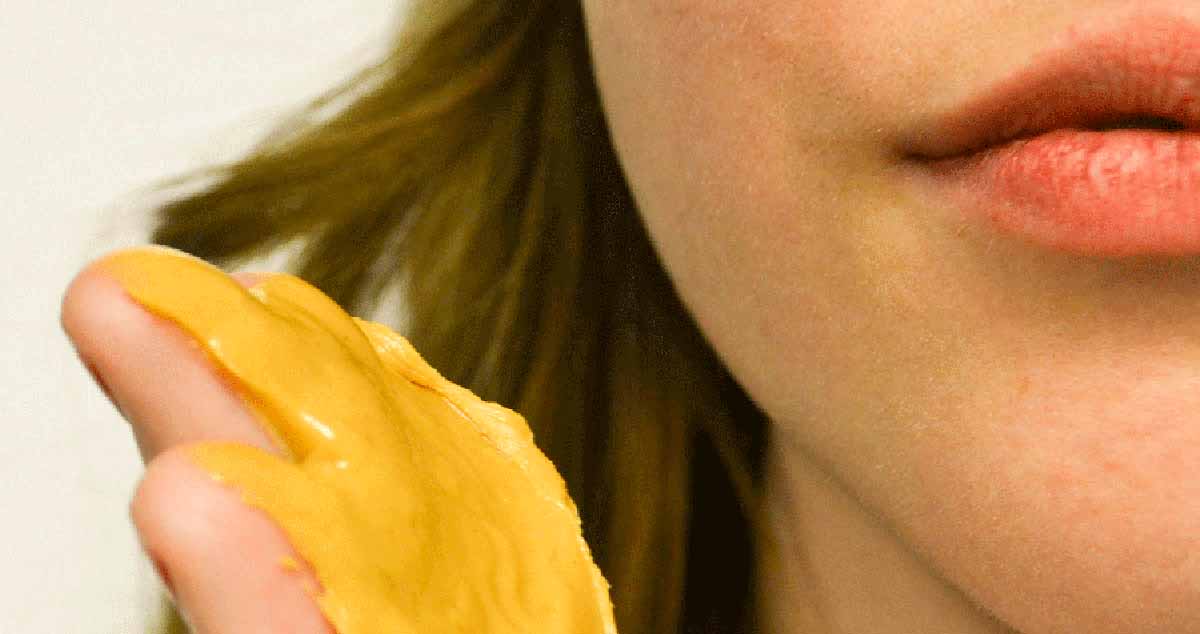Many kids with food allergies and their parents suffer severe anxiety when they’re away from home for fear they’ll come in contact with their allergen, thus triggering anaphylaxis followed by a jab with the auto-injector and a rush visit to the local ER. The idea of being in the same room with someone eating peanut butter or drinking milk can be terrifying.
An article published in the Annals of Allergy, Asthma and Immunology illustrates that most children can be near their allergy triggers without fear.

“We developed the proximity food challenge to help ease anxiety in kids with food allergies,” says allergist Dr Chitra Dinakar, ACAAI Fellow and lead author of the article. “The challenge allows kids with food allergies – such as to peanut butter or milk – to not only be in the same room with the food, but also to breathe in the air and have the food placed on their skin. Kids see for themselves it is safe to be near their food allergen as long as they don’t eat it or get it into their eyes, nose or scraped skin. It’s a great relief.”
If you ever avoid plane trips, vacations, class trips or other activities because your child is anxious, you may want to consider the novel concept of a proximity food challenge performed at your child’s allergist’s office.

“We’ve done dozens of proximity food challenges,” says allergist Dr Jay Portnoy, ACAAI past president and co-author of the article, “and the majority of children have not suffered a reaction. Actually, only one child had a hive appear. Most kids are initially scared, but when they don’t have a reaction, their fears are eased, and they have a new sense of freedom. They have more confidence in being a part of their community.”
Dr. Dinakar urges those with food allergies to talk to their allergist about a proximity food challenge. The one-hour procedure allows families a new alternative for evaluating the ability of the child with food allergies to tolerate casual exposure and enables them to undergo exposure to the suspect food in a controlled, safe setting.






This is a form of exposure therapy, the primary psychological treatment for phobias.
As long as parents don’t think they can do this to there child at home. Glad some allergy offices do this, may ask to do this with my son when he is older.